
The entertainment world recently mourned the passing of David Ketchum, a character actor and prolific television writer best known for his unforgettable, if perpetually uncomfortable, role as Agent 13 on the classic 1960s sitcom “Get Smart.” Ketchum died on August 10 in Thousand Oaks, California, at the age of 97, leaving behind a legacy of laughter, wit, and a remarkable career that spanned decades in Hollywood. His daughter, Nicole Madden, confirmed his death was caused by heart failure at a hospice.
While he may be most vividly remembered for squeezing into an array of improbable hiding spots for the fictional intelligence agency Control, Ketchum’s career was far more expansive than a single iconic role. He was a versatile talent, equally adept at performing in front of the camera and crafting stories behind the scenes, a true testament to his enduring creativity and dedication to the craft. His professional journey was marked by a unique blend of comedic timing, an understanding of what made audiences laugh, and an impressive capacity for writing for some of television’s most beloved series.
This in-depth retrospective celebrates the multifaceted career of David Ketchum, offering an authoritative look at the man who brought Agent 13 to life, exploring his formative years, his diverse acting ventures, and the foundational elements that cemented his place in television history. We delve into the unique circumstances that shaped his most famous character, tracing his path from an unexpected birth to becoming a Hollywood stalwart whose work continues to resonate with audiences today.

1. **The Enduring Icon: Agent 13’s Unforgettable Confinements**David Ketchum’s most celebrated contribution to television history undoubtedly remains his portrayal of Agent 13 on “Get Smart.” As a luckless secret agent for Control, tasked with foiling the evil cabal Kaos, Agent 13’s assignments frequently placed him in the most absurd and cramped locations. This recurring gag became one of the show’s most enduring jokes, defining his character and cementing his place in the pantheon of television comedy.
From vending machines and mailboxes to trash bins and airport lockers, Agent 13’s hiding spots were as varied as they were comically restrictive. He was frequently crammed into popcorn machines, grandfather clocks, towel dispensers, fire hydrants, planters, and even a barbershop steam cabinet for towels. The humor stemmed not only from the visual absurdity of his predicaments but also from his signature disgruntled quips and visible resentment of his assignments.
His interactions with Maxwell Smart, the show’s ham-handed protagonist, often highlighted Agent 13’s exasperation. In one memorable instance, when Smart threatened him with an incinerator mission, an already-stuffed Agent 13, wedged in an airport locker, retorted, “You can’t do anything to frighten me. Last week, I was stationed in a stove. The week before that, in a chimney.” This line perfectly encapsulated the character’s long-suffering, yet hilariously stoic, demeanor and his never-ending series of uncomfortable undercover assignments.
The character’s appeal lay in his relatable frustration, even within the exaggerated world of a spy spoof. Viewers connected with Agent 13’s silent suffering, made all the more comical by Ketchum’s deadpan delivery and perfectly pitched frustration. His brief but impactful appearances left an indelible mark on the show’s comedic landscape, proving that sometimes, the most memorable characters are the ones who are literally boxed in.

2. **A Fated Beginning: Born in an Elevator**Perhaps predestined for a life of confined spaces, David Ketchum’s life began with a curious and fitting anecdote: he was born in an elevator. This unique circumstance, shared by both the New York Times and The Hollywood Reporter, playfully foreshadowed the perpetually cramped lifestyle that would later define his most famous character, Agent 13, on “Get Smart.” It was a detail that added an almost mythical quality to his comedic destiny.
Born on February 4, 1928, in Quincy, Illinois, Ketchum was the son of Cecil and Flora Ketchum. His father worked as a salesman for the National Cash Register Company, a profession far removed from the glitz and glamour of Hollywood. However, the seeds of his entertainment career were sown early, perhaps even before his feet touched solid ground after his elevator arrival.
He initially pursued a more conventional path, majoring in electrical engineering at the University of California, Los Angeles. Yet, his innate interest in performance and making people laugh quickly took precedence. This early academic pursuit ultimately gave way to the magnetic pull of show business, a decision that would lead him to stages, radio booths, and, eventually, a multitude of ridiculously small hiding places.
The story of his birth became a humorous footnote in his biography, a playful echo of the tight squeezes he would later navigate professionally. It’s a testament to the quirky nature of his life and career, blending the mundane with the extraordinary in a way that truly fit his comedic persona. This unusual start to life seemed to prepare him for a career where he would literally embody the unexpected.
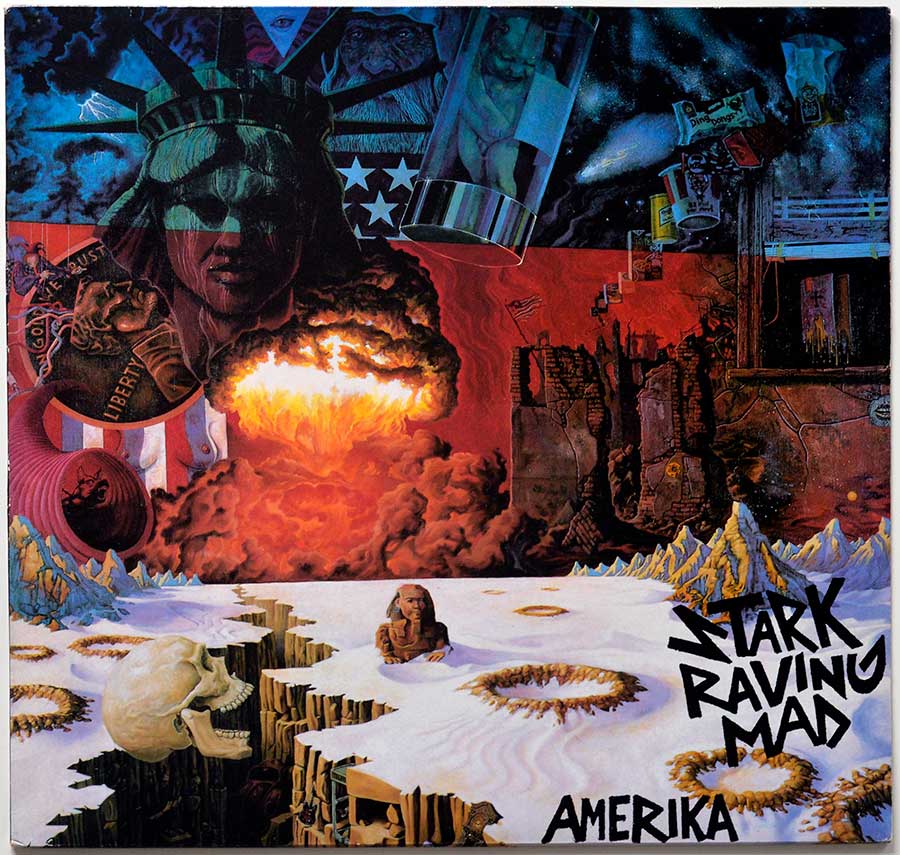
3. **From Global Stages to Radio Waves: Early Entertainment Endeavors**Before he became a fixture in vending machines, David Ketchum honed his performing skills on a global scale. While still a student at UCLA, he joined the United Service Organizations (USO) circuit, traveling the world to entertain soldiers. This experience proved foundational, as he told The Times of San Mateo, Calif., in 1965: “I got interested in what made people laugh. I know what makes them laugh in nightclubs, but I wondered just what they laughed at in their homes and under sober circumstances.”
His curiosity about human laughter led him to a successful career in radio. In the 1940s, Ketchum hosted a popular radio show in San Diego for seven years, a significant run that established his presence in the broadcasting world. Demonstrating his early connections and persuasive charm, his very first guests on the show were none other than entertainment legends Bob Hope and Doris Day, a testament to his burgeoning industry standing.
Ketchum’s radio work extended beyond San Diego. During his service in the National Guard, he found himself in a public information unit, which afforded him the opportunity to host a nightly radio show in San Francisco. This continuous immersion in live performance and broadcast media provided him with invaluable experience in captivating audiences and developing his comedic timing, skills that would later define his on-screen presence.
These early ventures laid the groundwork for his future in Hollywood, allowing him to experiment with different forms of entertainment and refine his craft. From the immediate feedback of a live USO audience to the intimate connection with radio listeners, Ketchum developed a deep understanding of comedic delivery and audience engagement. This rich background would prove crucial as he transitioned into the burgeoning world of television sitcoms, equipping him with the versatility needed for diverse roles.
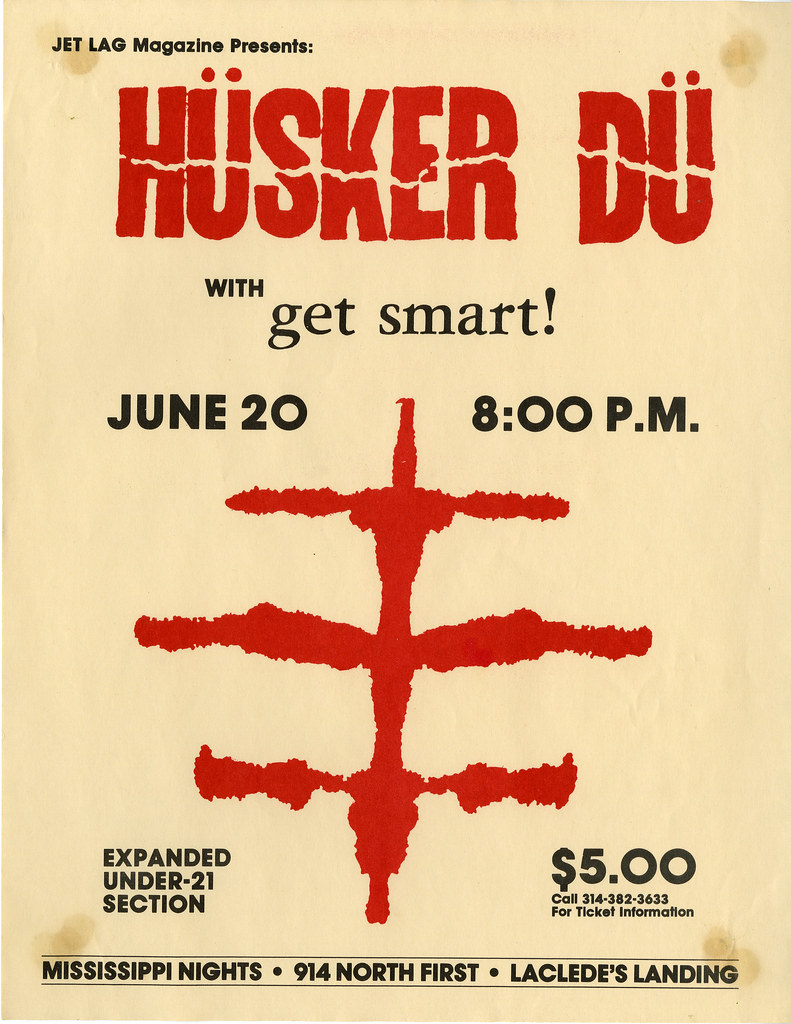
4. **Beyond Agent 13: Early Forays into Sitcom and Stage**While Agent 13 remains his most recognizable role, David Ketchum had already established himself as a working actor with notable appearances in other television comedies and on stage before joining “Get Smart.” His career trajectory showcased a developing talent for comedic roles, marking him as a rising star in the entertainment industry of the 1960s. These early credits provided him with a robust foundation for his later iconic portrayal.
He was a regular on the 1962-63 ABC sitcom “I’m Dickens, He’s Fenster,” starring John Astin and Marty Ingels as carpenters. Ketchum played Mel Warshaw, a fellow carpenter described as “unskilled,” demonstrating his ability to embody quirky, relatable characters even in ensemble settings. This role allowed him to gain exposure and experience alongside established comedic actors, further honing his craft in a fast-paced television environment.
Ketchum also starred as Counselor Spiffy on “Camp Runamuck,” a comedy about a boys’ summer camp that had a brief run during the 1965-66 season on NBC. This provided another opportunity to showcase his comedic range in a different setting, playing a character whose name itself hinted at his amusing persona. Fellow “Camp Runamuck” actor Dave Madden observed, “Dave was a naturally funny guy. He more or less idolized Danny Kaye in Danny’s earlier days, and so an awful lot of the physical things he did in terms of takes and things were very Danny Kaye-ish in their style.”
Beyond television, Ketchum ventured into live theater, performing alongside talents like Ken Berry, Jackie Joseph, and Jo Anne Worley in the Billy Barnes Revue, which made its way to Broadway in 1961. In 1962, he also released a comedy album titled “The Long-Playing Tongue of Dave Ketchum.” Billboard, in its review, praised him as “a new comic with a number of funny ideas. What’s more, he knows how to put ’em across.” These diverse experiences solidified his reputation as a versatile and engaging performer, ready for his breakout role.
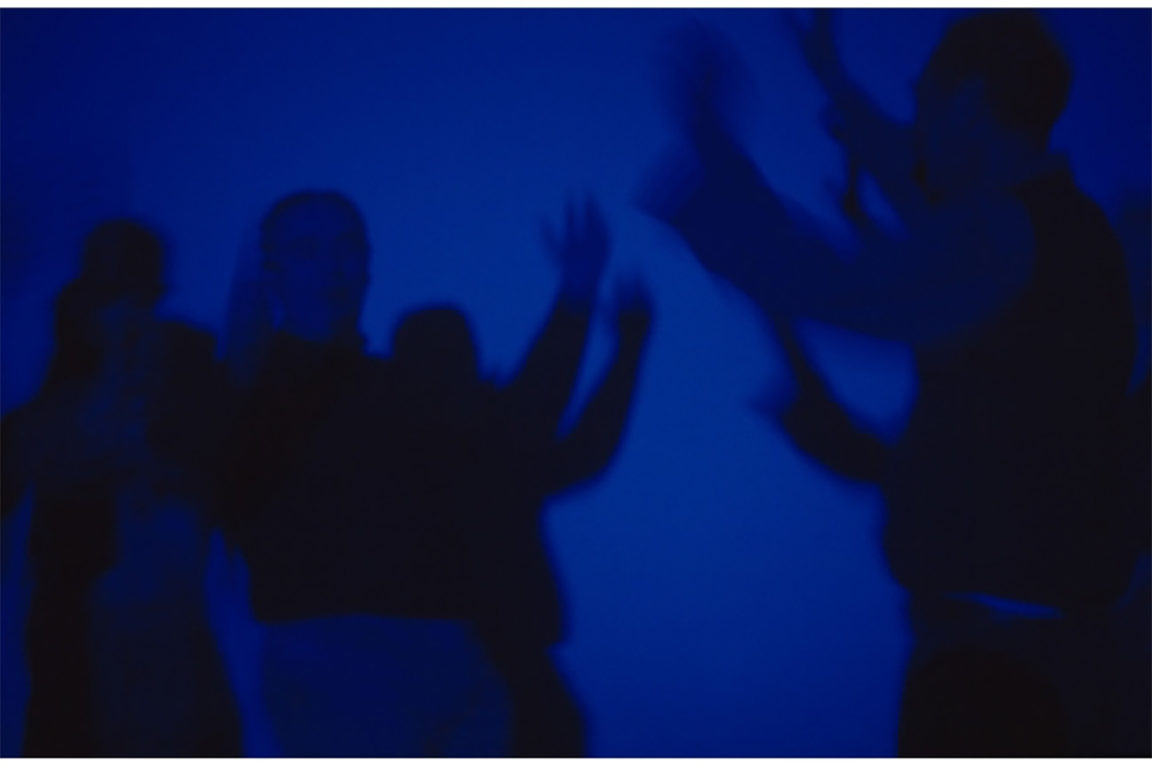
5. **The Genesis of a Gag: Stepping into Agent 13’s Shoes**David Ketchum joined the cast of “Get Smart” in 1966, a pivotal moment that would define his public persona. He was brought in as a replacement for Victor French, whose Agent 44 had played a similar role in the show’s inaugural season, setting the precedent for a secret agent who constantly found himself in unenviable hiding places. Ketchum, therefore, was not creating the gag entirely from scratch but was tasked with making it his own, which he did with remarkable success.
His introduction to the spy spoof, created by Buck Henry and Mel Brooks, came in time for its second season (1966-67). The running gag of a resentful Agent 13 popping up in unexpected spots truly blossomed under Ketchum’s portrayal. It all began subtly, with his sweaty head emerging from under the cover of a barbershop steam cabinet for towels. This initial scene immediately established the character’s core comedic premise and his general disdain for his unique job requirements.
When Agent 86, Maxwell Smart, inquired about what he had learned regarding the latest KAOS criminal plot, Agent 13 delivered a line that would perfectly encapsulate his character’s perpetual misery: “I’ve grown to hate the spy business, that’s what I’ve learned.” This perfectly timed, deadpan response immediately endeared the character to audiences and set the tone for all his subsequent appearances, highlighting his unique brand of humor and his sardonic outlook on his perilous profession.
Producers quickly realized the comedic potential of this concept. Ketchum recalled in a 2002 interview that soon, they started saying, “Wait a minute, wouldn’t it be funny if he was in a sofa?” This marked the beginning of the gag’s expansion into increasingly ridiculous and challenging hiding spots, with Ketchum at the center of it all. This natural evolution of the character’s plight became a cornerstone of the show’s enduring appeal, creating moments of pure comedic genius.
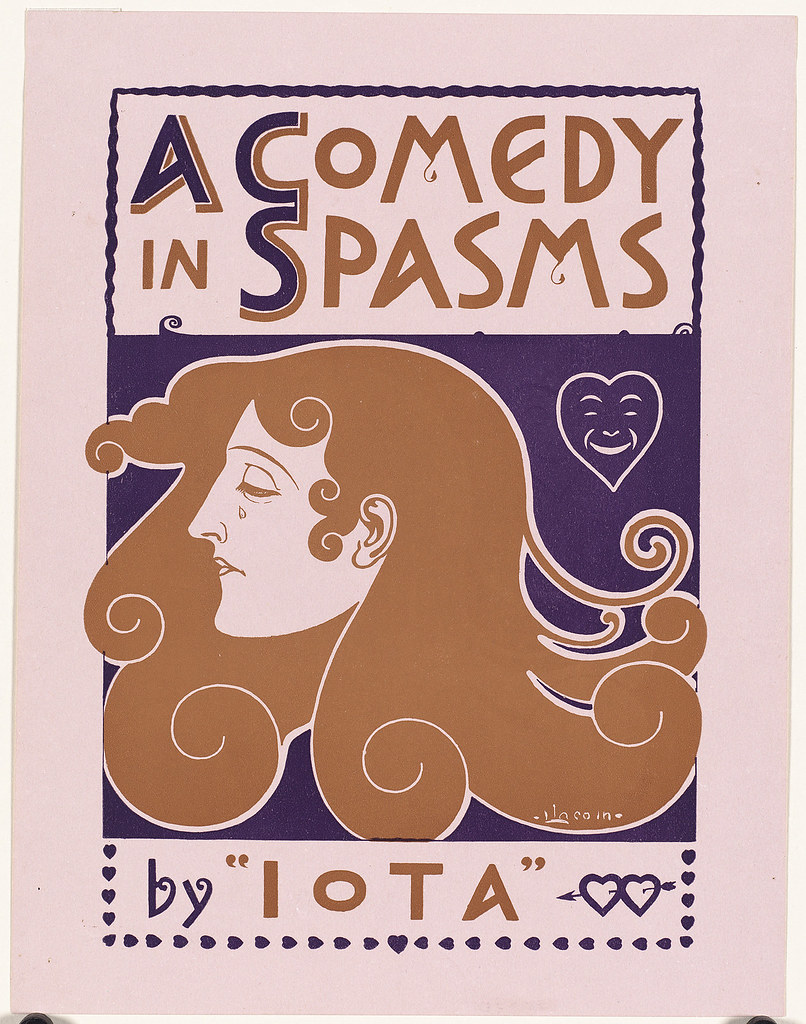
6. **The Art of Constriction: Mastering the Physical Comedy**Playing Agent 13 demanded a unique blend of comedic timing and physical endurance, particularly for an actor of David Ketchum’s stature. Standing over six feet tall, fitting into the show’s increasingly cramped and bizarre hiding places presented a consistent challenge. Yet, Ketchum approached these physical demands with a professional demeanor, transforming potential discomfort into pure comedic gold for audiences who reveled in his predicaments.
Despite the frequent confinements, Ketchum shared with The Daily Report of Ontario, Calif., in 1967 that he wasn’t claustrophobic. However, he admitted to having “a slight tendency toward motion sickness,” a detail that added an extra layer of difficulty to some of his more dynamic hideouts. This personal detail highlighted the behind-the-scenes realities of bringing such a physically demanding character to life, underscoring his commitment to the role.
Indeed, his biggest fright on “Get Smart” came when the writers pushed the boundaries, stuffing Agent 13 into a running washing machine. He vividly recalled the experience: “The hardest part for me was when they put Agent 13 in a washing machine. I’m 6-foot-2, so I can’t fit easily into cramped places, and a washing machine is about as cramped as it gets. They also built an eight-foot tube I got into so I could be spun around in the front. You try remembering your lines while you’re spinning around with water and soap squirting in your face!”
This willingness to embrace the physical absurdity of the role, combined with his deadpan delivery, made Agent 13 an unforgettable part of the “Get Smart” ensemble. His ability to perform under such unusual conditions, delivering his lines with perfectly timed exasperation, showcased his true talent as a character actor. It was this dedication to the comedic premise, even at his own physical expense, that endeared him to millions and ensured Agent 13’s lasting legacy.

7. **The Unsung Architect: A Prolific Career Behind the Pen**Beyond his memorable on-screen persona, David Ketchum cultivated an equally impressive and prolific career as a television writer, often working diligently behind the scenes. This facet of his talent, though less visible to the public, firmly cemented his status as “one of the busiest and most versatile talents in show business,” as described by The Daily Report of Ontario, Calif., in 1967. His contributions to the golden age of television comedy and drama were extensive, spanning decades and influencing numerous beloved series.
Ketchum earned his first writing credit in 1967 for an episode of Garry Marshall’s “Hey, Landlord.” This marked the beginning of a remarkable journey that would see him pen scripts for nearly four dozen shows through 1990. While waiting for his scenes to be set up on “Get Smart,” he frequently used that downtime to work on his writing, illustrating his constant dedication to the craft. He even wrote a “Get Smart” episode himself, titled “Classification: Dead,” in 1967.
His portfolio of writing credits reads like a roll call of classic television. Ketchum contributed to other Marshall series, including the wildly popular “Happy Days” and “Laverne & Shirley,” demonstrating his versatility across comedic styles. His creative touch extended to iconic shows such as “Here’s Lucy,” “M*A*S*H,” “Wonder Woman,” “MacGyver,” “Highway to Heaven,” and “Full House.” He also wrote for “Captain Nice,” “Love, American Style,” “The Rookies,” “Switch,” “The Love Boat,” and “Sledge Hammer!”, solidifying his reputation as a sought-after television scribe.
The industry recognized his talent formally when he was nominated for a Writers Guild of America Award in 1974 for episodic comedy writing, specifically for an episode of “M*A*S*H.” This prestigious acknowledgement underscored his skill in crafting compelling and humorous narratives, proving that his impact on entertainment was just as profound behind the typewriter as it was in front of the camera. Indeed, The Daily Report noted his “penchant for hiding” behind his typewriter, suggesting a comfortable solitude in the act of creation.

8. **A Versatile Performer: Diverse Roles Across Television and Film**While Agent 13 was an unforgettable creation, David Ketchum’s acting résumé extended far beyond the confines of a vending machine. He was a truly versatile performer, gracing the screens in a wide array of television series and feature films, showcasing a talent that belied his iconic, perpetually cooped-up character. His appearances demonstrated a range and comedic timing that made him a familiar and welcome face to audiences throughout the 1960s, 70s, and beyond.
On television, Ketchum made notable guest-star appearances on some of the era’s most beloved shows. He was seen on “The Carol Burnett Show,” “The Andy Griffith Show” where he portrayed salesmen, and “The Mary Tyler Moore Show,” playing a member of a divorce club that offered intriguing vacation rates. His ability to fit into diverse comedic and dramatic scenarios was evident in his roles across “The Real McCoys,” “The Munsters,” “Bewitched,” “Perry Mason,” “Good Morning World,” “Gomer Pyle,” “Mod Squad,” “That Girl,” “Green Acres,” “The Odd Couple,” “Alice,” and “Mork & Mindy.” He even had a recurring presence, appearing in five episodes of “Happy Days.”
Ketchum’s big screen credits were equally varied, encompassing a range of genres. He appeared in films such as “Good Neighbor Sam” (1964), “The Grasshopper” (1970), “Bless the Beasts & Children” (1971), and “Your Three Minutes Are Up” (1973). Later film roles included “The North Avenue Irregulars” (1979), “Love at First Bite” (1979), “The Main Event” (1979), “Young Doctors in Love” (1982), and “The Other Sister” (1999). This extensive filmography highlights his commitment to acting beyond the small screen, proving his capabilities in different cinematic contexts.
Interestingly, early in his career, Ketchum was slated for a role in the John Wayne-starring “Flying Leathernecks” (1951) but was activated for service in the National Guard, forcing him to pass on the opportunity. Despite this early missed chance, he continued to pursue acting vigorously, appearing in a funny bit about Hollywood on “The Steve Allen Plymouth Show” in 1957 and becoming a regular on “The New Steve Allen Show” in 1961. His dedication to performance was unwavering, continually seeking out new avenues to showcase his considerable talents.
Read more about: Tommy McLain, King of Swamp Pop, Dies at 85: A Legacy Etched in Louisiana’s Musical Soul

9. **Returning to the Confines: Agent 13’s Resurgence and Commercial Charms**The indelible impression David Ketchum made as Agent 13 on “Get Smart” was so profound that the character, and the actor, were called upon to reprise the role years after the original series concluded. This return to his signature confined spaces offered a nostalgic delight for long-time fans and introduced his unique comedic talent to new generations. His portrayal truly transcended the initial run of the show, proving the lasting appeal of his long-suffering spy.
Ketchum reprised his role as Agent 13 in the 1989 television movie, “Get Smart, Again!” This made-for-TV film allowed viewers to reconnect with their favorite characters, including the ever-reluctant Agent 13, who, predictably, found himself in yet more outlandish hiding spots. The success of this reunion prompted a brief revival of the series, and Ketchum once again stepped into the character’s cramped shoes for an episode of the rebooted “Get Smart” in 1995, further cementing his enduring connection to the spy spoof.
Beyond the “Get Smart” universe, Ketchum’s distinctive voice and comedic timing also made him a natural fit for commercial work. He famously played the character Murph in a series of commercials for Union 76 gas stations throughout the 1970s and 1980s. These appearances brought his familiar charm and wit to a wider, everyday audience, demonstrating his ability to connect with viewers in diverse formats.
He also notably appeared alongside Don Adams, his “Get Smart” co-star, in a toothpaste commercial. These commercial ventures not only provided Ketchum with additional acting opportunities but also kept his face and voice in the public consciousness, allowing him to capitalize on the goodwill and recognition he had earned from his iconic television role. His ability to translate his comedic strengths into effective advertising campaigns further highlighted his versatile appeal.
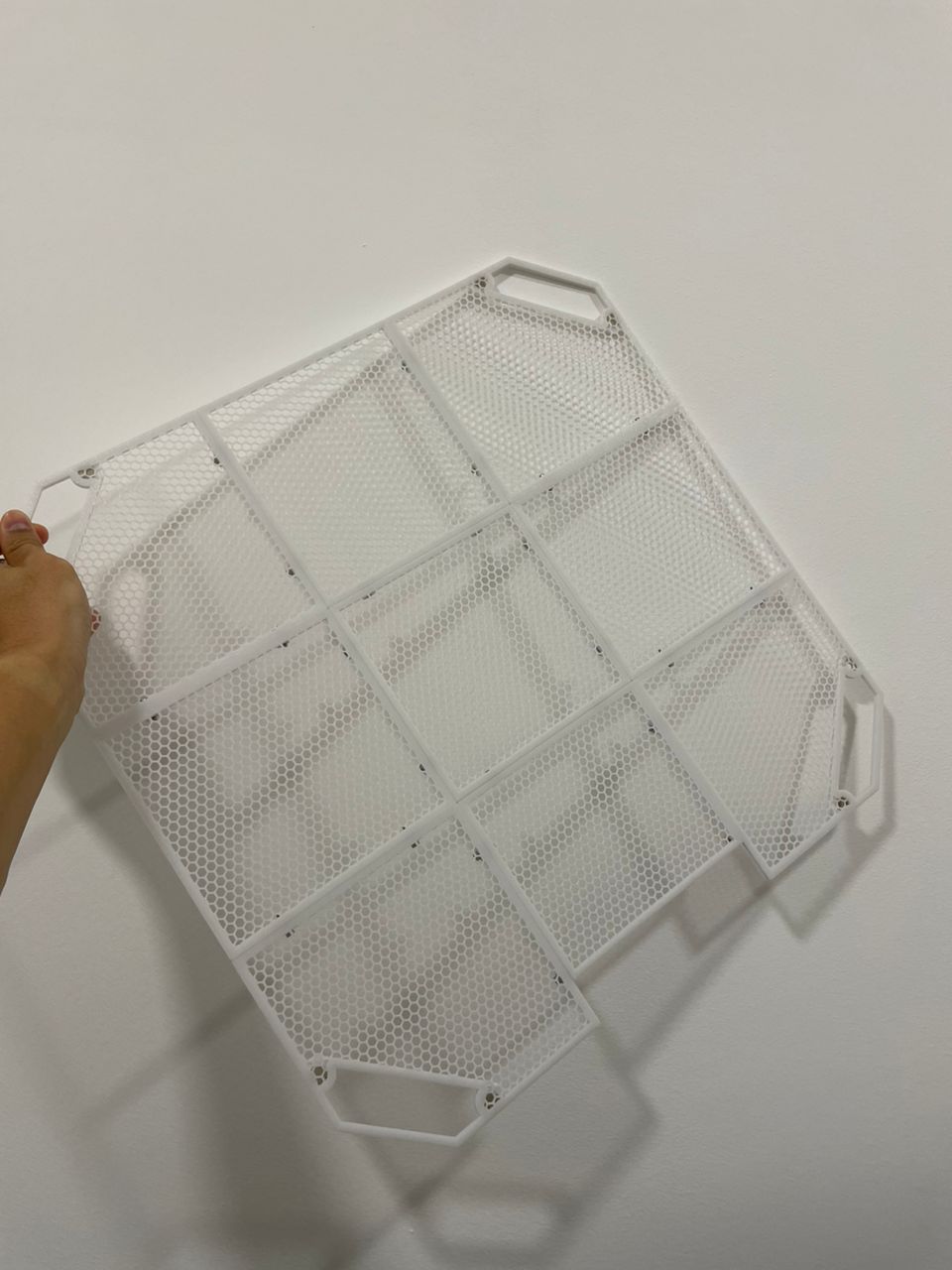
10. **Thematic Resonance: ‘The Elevator’ and a Life of Enclosure**David Ketchum’s unique connection to confined spaces extended beyond his comedic role as Agent 13 and into his writing career, most notably with the 1974 television thriller, “The Elevator.” This telefilm, which he co-wrote, explored a scenario that seemed almost preordained by his life story and his most famous character: a group of people trapped in a malfunctioning elevator. The project was a testament to how profoundly the theme of enclosure permeated his professional and even personal narrative.
The concept for “The Elevator” resonated deeply with Ketchum’s own experiences, from his literal birth in an elevator to his continuous on-screen predicaments. This inherent familiarity with the subject matter allowed him to infuse the narrative with an authentic sense of claustrophobia and rising tension. As The Los Angeles Times noted in its review, his intimate understanding of being “squeezed” allowed him to “squeeze the last bit of suspense out of the situation,” turning a simple premise into a gripping ordeal.
This was not merely a random choice of topic for a writer; it was a reflection of a recurring motif in his life. The very origin of his life journey, being born in an elevator, was a curious and fitting anecdote that playfully foreshadowed the perpetually cramped lifestyle that would define Agent 13. “The Elevator” film thus served as a fascinating, almost meta-commentary on his own biography, translating a comedic personal and professional experience into a suspenseful drama.
Even in his personal philosophy, Ketchum expressed a distinct preference for compact environments. As he shared with The Daily Report in 1967, “I work better in small spaces,” adding, “My life is a small room.” This candid statement reveals a profound connection to the very theme that made him famous. Whether it was crafting scripts from behind his typewriter or portraying a secret agent perpetually stuck in a phone booth, Ketchum found a strange comfort and creative spark within the boundaries of confined spaces, ultimately turning this personal inclination into a distinctive professional trademark.

11. **A Philosopher of Fun: Insights on Satire and Small Spaces**Beyond his acting and writing, David Ketchum possessed a thoughtful perspective on the nature of comedy, satire, and the peculiar comfort he found in compact environments. His insights offered a deeper understanding of the enduring appeal of “Get Smart” and revealed a personal philosophy that blended dry wit with a genuine appreciation for life’s smaller, often overlooked, details. He was, in many ways, a philosopher of fun, understanding the mechanics of laughter and human connection.
When asked in a 2002 interview why “Get Smart” continued to resonate with audiences years after its initial run, Ketchum attributed its longevity to its satirical edge. He observed that “nobody does satire on television today,” highlighting the show’s unique position in television history. He elaborated on this, recalling an episode where KAOS took over an entire television network to announce its triumph, only for the broadcast to be completely missed because it ran opposite a first-run movie on another network. This, he explained, was the essence of “Get Smart’s” sharp, often understated, critique of the absurdity of the world.
Ketchum’s preference for compact environments was not just a professional necessity for Agent 13, but a personal inclination. He candidly expressed, “I work better in small spaces,” going so far as to declare, “My life is a small room.” This sentiment, shared with The Daily Report, speaks to a comfort with self-contained worlds, whether physical or creative. It suggests a focus and introspection that perhaps fueled both his comedic performances and his disciplined writing regimen, where he would often “hide behind his typewriter.”
His ability to find humor and meaning in the seemingly insignificant, or the uncomfortably small, defined much of his career. It was this thoughtful approach to his craft and his life, coupled with his innate talent, that allowed him to infuse his characters with relatable humanity, even when they were literally stuck in a washing machine. His legacy, therefore, is not just one of laughter, but of a quiet, reflective wisdom on the nature of comedy and personal space.
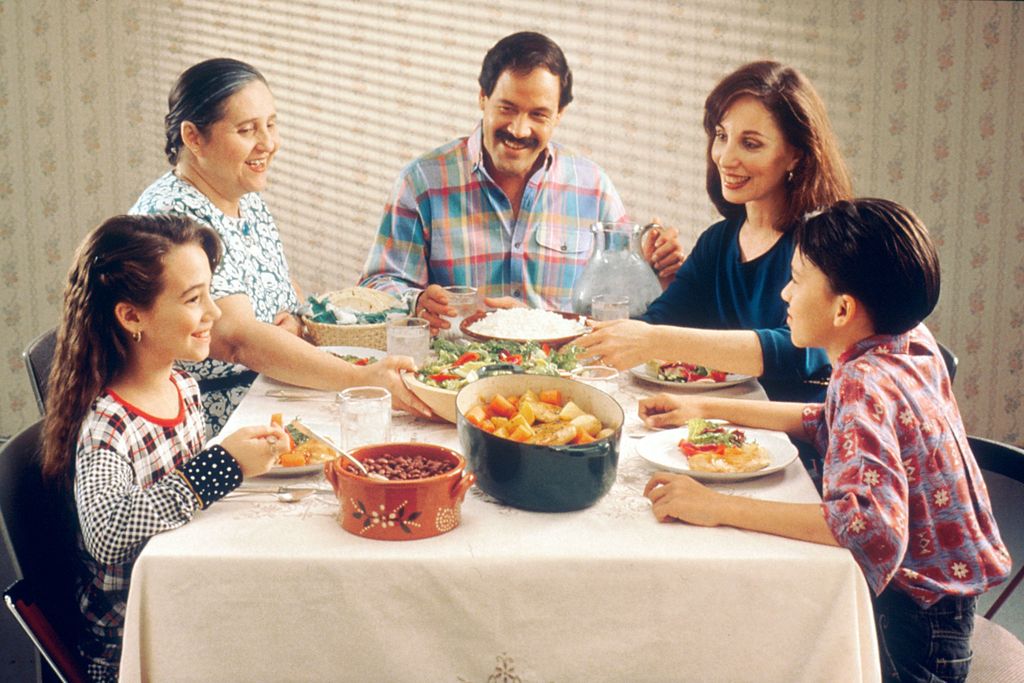
12. **A Life Well-Lived: Family, Farewell, and Enduring Laughter**David Ketchum’s remarkable journey through life, filled with laughter, creativity, and a quiet dedication to his craft, came to an end on August 10 in Thousand Oaks, California. He passed away at the age of 97 due to heart failure at a hospice, leaving behind a profound legacy that extended far beyond the characters he played or the scripts he penned. His was a life richly lived, deeply connected to his family, and ultimately remembered for the joy he brought to millions.
He is survived by his beloved wife, Louise Ketchum, whom he married in 1957, marking a union of 68 years. Together, they built a family that became a cornerstone of his life. He is also survived by his two daughters, Nicole Madden and Wendy Ellis, who carried forward his warmth and spirit. The family circle further extended to his three grandchildren, Hannah, Alison, and Cameron, and his great-grandson, Noah, all of whom brought immense joy to his later years.
His family’s heartfelt tribute beautifully encapsulated his essence: “He leaves behind a legacy of laughter, warmth and timeless television moments — reminding us all that sometimes, the simplest surprise (like someone perched in a mailbox) can yield the biggest smile.” This poignant statement captures the gentle humor and enduring appeal of his work, emphasizing the simple, yet profound, joy he delivered to audiences.
In remembrance of his quick wit, gentle heart, and cinematic spirit, friends and fans are “invited to enjoy one of his classic performances on Get Smart or Camp Runamuck.” This invitation serves as a fitting tribute, encouraging continued appreciation for the man who found comedy in the most constricted of circumstances and left an indelible mark on the landscape of American entertainment. David Ketchum’s life was a testament to the power of laughter, a warm presence that will be deeply missed but forever cherished through his timeless work.



